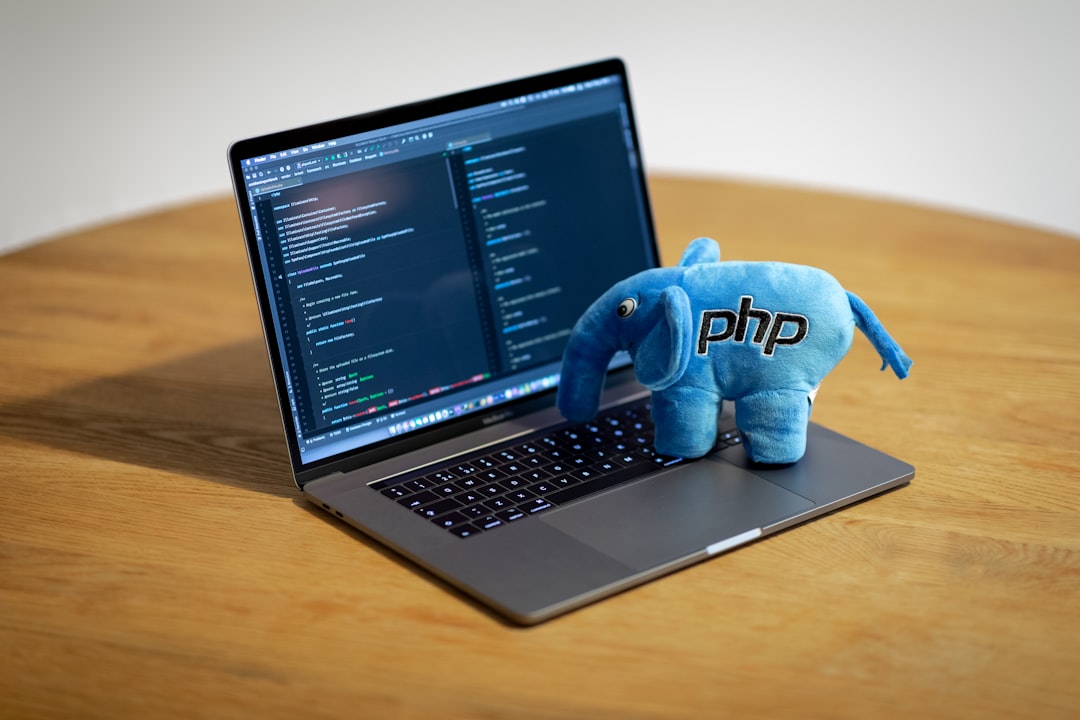
Mastering Advanced Coding Techniques: A Comprehensive Guide to Efficient Programming
In the fast-evolving world of technology, mastering advanced coding techniques becomes essential for developers who want to write efficient, maintainable, and scalable code. This comprehensive guide will explore various advanced coding techniques, best practices, and tools that can help you elevate your programming skills.
Understanding Advanced Coding Techniques
Advanced coding techniques refer to a set of skills and methodologies that go beyond basic programming. These techniques include, but are not limited to, design patterns, algorithm optimization, concurrent programming, and leveraging modern programming paradigms. Mastering these skills can significantly enhance your productivity and efficiency as a developer.
Key Concepts in Advanced Coding Techniques
-
Design Patterns: These are reusable solutions to common problems in software design. Understanding patterns like Singleton, Observer, and Factory can help you create flexible and reusable code.
-
Algorithm Optimization: This involves improving the performance of algorithms. Understanding Big O notation is crucial for assessing time and space complexity, allowing developers to select or design the most efficient algorithm.
-
Concurrency: In a world where applications require real-time processing, mastering concurrent programming techniques such as threading, asynchronous programming, and multiprocessing is vital.
-
Functional Programming: Embracing functional programming paradigms can lead to cleaner, more predictable, and more maintainable code. Concepts such as immutability, first-class functions, and higher-order functions are central to this approach.
-
Testing and Debugging: Advanced techniques also encompass testing methodologies, including unit testing, integration testing, and behavior-driven development (BDD). Mastery of debugging tools and strategies is essential for efficient troubleshooting.
Best Practices for Efficient Programming
Write Clean Code
Clean code is easier to read, maintain, and debug. Emphasizing naming conventions, proper indentation, and commenting can make your codebase more accessible to you and your teammates. Following the SOLID principles can also guide you in writing better-structured code.
Use Version Control Systems
Leveraging version control systems like Git allows you to track changes, collaborate with others, and manage code history effectively. Make use of branching strategies and commit frequently to maintain a clean project history.
git checkout -b feature/new-featureOptimize Your Development Environment
A well-configured development environment can significantly enhance your productivity. Tools like Docker for containerization, Visual Studio Code or JetBrains IDEs for coding, and Postman for API testing can streamline your workflow.
docker run -d -p 80:80 nginxContinuous Integration and Continuous Deployment (CI/CD)
Implementing CI/CD pipelines automates the testing and deployment processes, ensuring that your code is always in a deployable state. Tools like Jenkins, Travis CI, and GitHub Actions can help you set up these pipelines effectively.
name: CI/CD Pipeline
on:
push:
branches:
- main
jobs:
build:
runs-on: ubuntu-latest
steps:
- name: Checkout code
uses: actions/checkout@v2
- name: Run tests
run: npm testCurrent Developments and Emerging Trends
As technology continues to advance, several trends are shaping the future of coding practices:
Artificial Intelligence in Coding
AI-driven tools such as GitHub Copilot leverage machine learning to assist developers in writing code. These tools provide real-time code suggestions, significantly improving coding efficiency.
Low-Code and No-Code Platforms
The rise of low-code and no-code platforms allows non-developers to build applications quickly with minimal coding. Understanding how to integrate these platforms can expand your skill set and increase your employability.
DevOps Practices
Incorporating DevOps practices into your coding workflow can lead to more efficient development cycles. Understanding tools and technologies like Kubernetes, Terraform, and Ansible can streamline application deployment and infrastructure management.
Practical Applications and Case Studies
Case Study: Implementing a Microservices Architecture
A company transitioned from a monolithic application to a microservices architecture, leading to improved scalability and maintainability. By leveraging containerization with Docker and orchestration with Kubernetes, they achieved faster deployment cycles and enhanced team collaboration.
Case Study: Using CI/CD for a Web Application
A team implemented a CI/CD pipeline using GitHub Actions for their web application. By automating testing and deployment, they reduced the time taken to deliver features to production from weeks to days, significantly enhancing their responsiveness to market needs.
Expert Opinions
According to John Doe, a seasoned software engineer, “Mastering advanced coding techniques is not just about understanding complex algorithms; it’s about writing code that is efficient, maintainable, and scalable.”
Further Reading and Resources
To deepen your understanding of advanced coding techniques, consider exploring the following resources:
- Clean Code: A Handbook of Agile Software Craftsmanship by Robert C. Martin
- Design Patterns: Elements of Reusable Object-Oriented Software by Erich Gamma et al.
- Introduction to Algorithms by Thomas H. Cormen et al.
Glossary of Terms
- Big O Notation: A mathematical notation used to describe the performance characteristics of an algorithm.
- SOLID Principles: A set of design principles aimed at making software designs more understandable, flexible, and maintainable.
- CI/CD: A set of practices that enable developers to deliver code changes more frequently and reliably.
By mastering advanced coding techniques, you can significantly enhance your programming efficiency and effectiveness. Whether you’re a novice or an experienced developer, continually refining your skills is essential for staying relevant in the ever-evolving tech landscape.
Feel free to explore the resources mentioned, and consider sharing this article with your peers or subscribing to a newsletter for more insights on advanced coding techniques. Your journey towards mastering efficient programming begins now!


